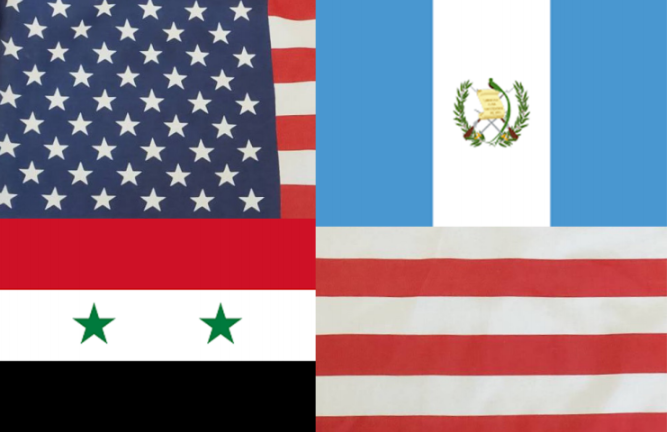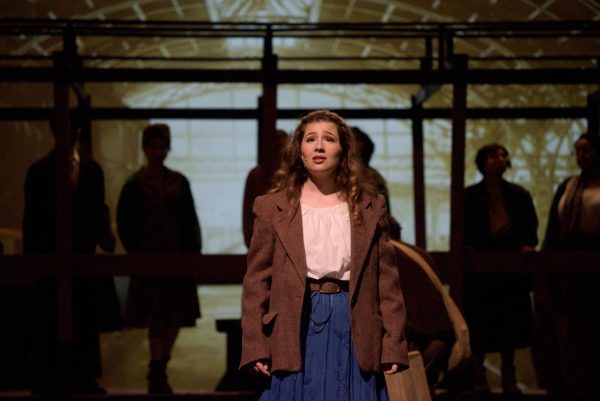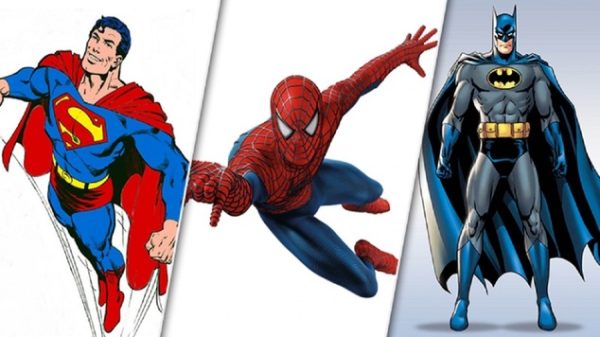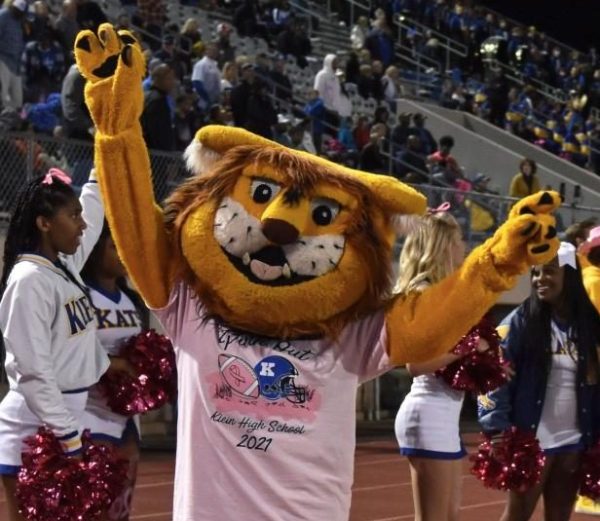Perseverance Leads Immigrants To America
To many new immigrants, America represents a better way of life and an opportunity for something better. For some though, America isn’t just an opportunity, it’s the only way out. For freshman Erickson Vasquez-Carrillo, the death threats he received from gang members in Guatemala made the United States his only escape.
In order to escape, he took his sister and began to walk to the United States. Against the consequences of getting caught by border patrol and the danger of walking through multiple countries with no guarantee of food or water, America wasn’t just a chance for a better life, it was his only option.
“I left my family; all my cousins behind,” Carillo said. “I had to.”
As the most malnourished country in Central America, over half the population lives in poverty, leaving kids loose among the streets. The conditions lead gangs to extortions, something Carillo experienced firsthand. Criminal activities like extortion and kidnapping are everyday occurrences in certain parts of Guatemala, making stories like Carillo’s all too common.
With his mother waiting for him in the United States, Carillo left the rough, harsh environment that had been his home and departed with only his sister to begin their journey. However, the multi-week journey proved to be just as dangerous and perilous as the conditions in Guatemala were.
“We were alone,” Carillo said. “We had nowhere to go and we were lost. We would start walking until we found a house and they would give us food and water. We would walk for hours not even drinking water; no food.”
Without the guarantee of even the most basic necessities, 12-year old Carillo walked through the desert with no guarantee of finding water, food or warmth again. The dependency that had to be put into complete strangers is staggering. Nightly, they had to place their lives in the hands of complete strangers, depending on their own decency to make it through the night. Rejection could mean death.
Once, it nearly did.
“The owners [of a house they asked to stay at] called immigration on us once,” Carillo said. “We were caught and sent to a jail for immigrants, and then they called my mom and they deported us back to Guatemala. We left again later that day.”
Stuck between the home he had received death threats and the possibility of starting a journey where they might be betrayed again, Carillo once again departed with his sister with no promise of making it through the multi-week walk. Between his aching feet, his insatiable hunger and thirst, the emotional effects of perhaps being betrayed again, the idea that the journey may be for nothing and he might not see his mom again, the toll of the journey was being etched into him, forever a part of who he would be.
Still, Carillo did not have the luxury to consider these things; the only thing to be done was to keep walking- to keep hoping. For many weeks, he did keep walking, the thought of his mom ringing through his head the entire time.
Finally, he reached the end.
“We reached a river,” Carillo said. “It was about two streets wide. I was scared. I didn’t know how to swim and I had to learn on the spot.”
For a journey that took a heavy expense on Carillo both physically and mentally, the final obstacle being a river he didn’t know how to swim seemed fitting. Yet, just like he always had, he moved forward, unsure of what would happen to him, and found himself on the other side of the river.
“Finally, I felt safe,” Carillo said. “We were happy to finally be safe.”
The moment he arrived and was reunited with his mother is one that will always be etched into his memory. For as harsh and perilous as the road to the U.S. had been, the security he felt when hugging his mom for the first time made the aches on his feet and the stress of staying hidden worth the anguish.
The transition to the U.S. wasn’t simple, and the friends and family he left behind in Guatemala haven’t left his mind since the day he left. They likely never will, but Carillo doesn’t try to look back; he’s happy to have found safety and be reunited with his mother. It’s all he wanted.
The thought of death lingered in Carillo’s mind during his difficult journey to the United States.When he and his sister made it to the U.S., the fear they had from being sent back to the hellish environment they grew up in finally disappeared and the relief they felt from escaping the death threats they faced in Guatemala make the home freshman Qasem Ayash fled from equally inspiring. Faced with danger in his own country, Qasem dealt with especially personal circumstances that made getting to the U.S. imperative to his survival.
Warrior, Son, Cancer Survior: Ayash shares his journey from Syria to the U.S.
Born in Syria 15 years ago, Ayash started each morning wondering if he’d live to see another day. He was trapped in a war zone with seemingly no escape. Unaware of when the next rifle or bomb would go off, his body constantly lived in fight or flight.
The Civil War had begun in 2011, sparked by the Arab Spring and kindled by the hatred towards the Assad regime. Living in denial was essential to survival. He couldn’t go home and cry for his plea, for his voice was repressed and forbidden to be used.
Ayash’s family slept wherever they could find shelter and dreamt for peace to be restored until remaining in Syria was no longer viable. Forced to leave behind his grandparents and best friends, they escaped to Jordan to flee persecution and violence. While some stranger from across the world may have seen this as an opportunity for better life, to Ayash it meant saying goodbye to the only life he’d ever known.
“I couldn’t compare my life to anything else because I never knew what it was like to have it any other way,” Ayash said.
He said he became numb to the frightening circumstances in Syria.
In the midst of their journey for safer conditions, Ayash was diagnosed with cancer and needed medical treatment as soon as possible. There seemed to be very little sign of hope; however, despite the circumstances, his father found work in Jordan and began to raise money to move to the United States for treatment.
When Ayash was overcome with weakness, he reminded himself to practice patience within adversity. He tried his hardest not to let himself become overwhelmed by sorrow or poverty and strived to carry on with his life, refusing to surrender himself to weariness.
“When I felt weak like I couldn’t go on anymore, my mother always reminded me to never give up,” Ayash said.
After five years, his family settled in Houston for the Texas Medical Center on Aug. 25, 2016, and from that day forward he found new hope and appreciation. Yet there were still days when the memories from the war were all he could focus on. The war was etched into his brain, never to be forgotten. Nonetheless, the heavy weight of life or death slowly lifted from his shoulders, giving him the chance to start anew.
“If I ever left, I think I’d come back,” Carillo said. “Right, here it’s different. It’s kinda cool. I like it here.”
Your donation will support the student journalists of Klein High School. Your contribution will allow us to purchase equipment and cover our annual website hosting costs.








